Marcia Karp, a wise elder in the world of psychodrama, is our guest blog author today. A wonderful story teller -- and my valued teacher at the Holwell International Center for Psychodrama and Sociodrama in Devon, England, in 1994 -- Marcia shares a wonderful story about Dr. J.L. Moreno and the spread of psychodrama around the world. By Marcia Karp, M.A., TEP
It is 1968 in Vienna, Austria. I am sitting next to Dr. J.L. Moreno in front of an empty cinema screen. We are attending a conference of the International Council of Group Psychotherapy Conference, an organization created by Dr. Moreno in 1951. This was before the founding of the International Association of Group Psychotherapy in 1973. We were asked to attend a film by a Japanese colleague who had taken some training in psychodrama at the Moreno Academy in Beacon, N.Y. The conference room went dark. On the screen, in black and white, came a filmed sequence showing a handbag counter in a department store. The camera slowly panned the handbag section and then went up an escalator and into a ladies dress section showing a rack of women's clothes.
0 Comments
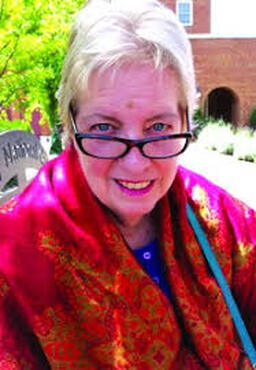 By Karen Carnabucci, LCSW, TEP Ann Hale, who would have celebrated her 80th birthday today, truly was the “mistress” of sociometry” within the world psychodrama community. I always appreciated her presence and contributions to our American Society of Group Psychotherapy and Psychodrama conferences, including workshops, plenaries and keynotes, especially the still-memorable “Stone To Roll” where she used Jo Salas’ song “Little Stone to Roll” to support sociometric connections in the introductory large session. With the song’s the catchy words and inviting music, she created a sweet and amazing warm up that beautifully encouraged all of us to meet, greet and connect. By Karen Carnabucci, LCSW, TEP
Just few weeks ago, I moved out of my lovely practice space at Liberty Place in Lancaster, Pa. With the pandemic still causing a great deal of uncertainty, it hasn’t been practical for me to rent a full-time dedicated space right now. But whatever the logical reasons, I still wanted to say goodbye – a good goodbye. Good goodbyes are important. I learned this fact many years ago, when I worked as a psychotherapist for a well-known intensive five-day program for adults who grew up in alcoholic or otherwise chaotic homes. It was my first job as a helping professional and my first experience in this kind of program, which bonded small groups of people very quickly as we worked all day, every day, proceeding with heart-changing transformational work. And then the goodbye. By Karen Carnabucci, LCSW, TEP
Professional conferences offer opportunities to connect with colleagues, learn what’s new in the field and inspire participants to move forward with fresh ideas when returning to our daily schedule and calendars of the work week. During the 80th annual conference of the American Society of Group Psychotherapy and Psychodrama, which ended Sunday, April 3, all that happened — and more. I've already blogged about my 10 takeaways from the 80th annual psychodrama conference, gathering the rich and sparkling gems that I found on the adventure of the conference. Even with the online version of the conference -- absent of hugs in hallways, shared meals in present time and the modifications of the tried and true psychodramatic techniques -- we still managed to learn, to teach, have fun and feel connected. You can read my blog article about all of that on Medium here. And there's more... By Karen Carnabucci, LCSW, TEP
Just the other day, I had a session with a supervisee who wanted to explore if she should get her clinical social work license or pursue certification in a particular bodywork modality that she had started to study. Another supervisee was looking at choices in trauma-informed certification and was seeking feedback about what choice might enhance the credentials she had already earned. A third wondered if she needed to be certified at all. One of the most frequently asked questions that I get as a supervisor and trainer is about certification, whether relating to psychodrama or other fields and disciplines. By Karen Carnabucci, LCSW, TEP
It was kind of like a cold, with a runny nose and big sneezing. It was kind of like a bad case of bronchitis, with fits of coughing in morning, noon and at night. It was kind of like the flu, with a hint of a headache. After a thorough internet search, I came up with my own diagnosis: bronchitis. But when the coughing persisted, I made an appointment with my doctor’s office at the end of November. Pretending not to look too miserable, I confidently announced my diagnosis of choice when the doctor arrived in the examining room. He seemed pleasant, but tired, and listened patiently. By Karen Carnabucci, LCSW, TEP
Some people say that 2021 has been the longest year. And, as we review the year with its continuing threats and realities of pandemic infection, political turmoil and the great suffering of the earth itself, 2021 certainly has challenged us to hold steady in the face of the unknown and the uncertain. However, I can tell you this -- today, on Tuesday, Dec. 21, is definitely the longest night of the year. This is the time of year when talk of gratitude is everywhere. I believe in the power of gratitude to change our lives and support our well-being, and I like to write about gratitude, especially at Thanksgiving. This year, however, I’ve asked my good friend Alan Swanson to permit me to re-publish his lovely essay about gratitude, food and blessings. By Alan Swanson
The importance of gratitude cannot be overstated. It is a fundamental aspect of our true nature. Expressing gratitude for the food before us is an opportunity to experience that nature. Such an expression is transformative – producing a scientifically observable change that takes place within the food we eat and the water we drink. This becomes a way of attuning to the earth environment of which we are a part. Today's guest blog article is written by Linda Ciotola, M.Ed., TEP, who is the author of "Healing Eating Disorders with Psychodrama and Other Action Methods: Beyond the Silence and the Fury" with Karen Carnabucci, LCSW, TEP. They are co-presenting an online training on eating disorders on Oct. 7, 2022. By Linda Ciotola, M.Ed., TEP
To begin with, action methods such as psychodrama provide valuable tools to assess, build and strengthen the therapeutic alliance necessary for effective treatment of eating disorders. As the clinician finds engaging ways to create a supportive therapeutic relationship and safe environment, enactment then puts these struggles into action by externalizing them for treatment. Now these struggles are no longer hidden, and they have been given voice to the suffering person's inner conflicts and feelings. By Karen Carnabucci, LCSW, TEP
Adam Blatner, philosopher, bon vivant, cartoonist, singer, dancer, writer, psychiatrist, physician, promoter of playfulness, "Whizzard of Ah's," romantic, character, teacher, grandpopala, metaphysician, imaginologist, elf, psychodramatist, theoretician, etc., died x after a remarkably full, rich, eventful, many-faceted life. He succeeded in promoting a number of causes, developing a variety of ideas, including a fair number of original ones, networking up a storm, mentoring a good many folks, healing many others, and bringing out some extra magic in countless numbers by fostering song fests and other activities that celebrate the "child within." |
AuthorKaren Carnabucci, LCSW, TEP, is an author, trainer and psychotherapist who promotes, practices and teaches experiential methods including psychodrama, Family and Systemic Constellations, sand tray, mindfulness and Tarot imagery. Archives
December 2023
Categories
All
|
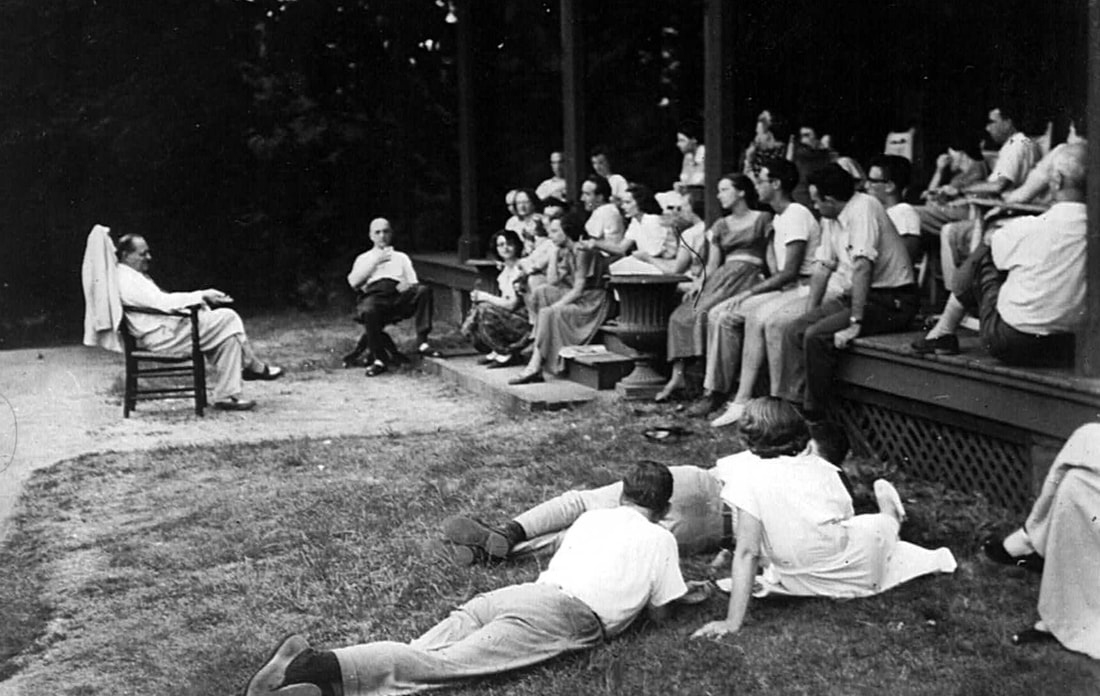
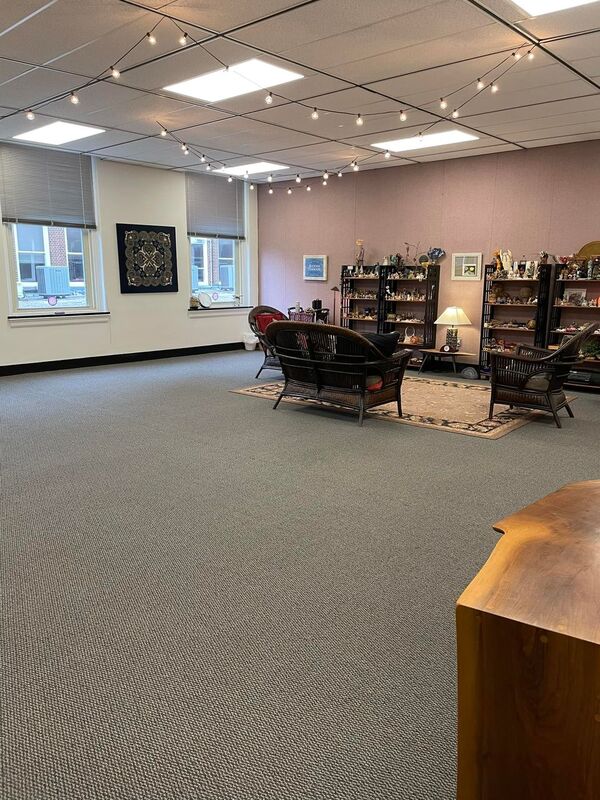
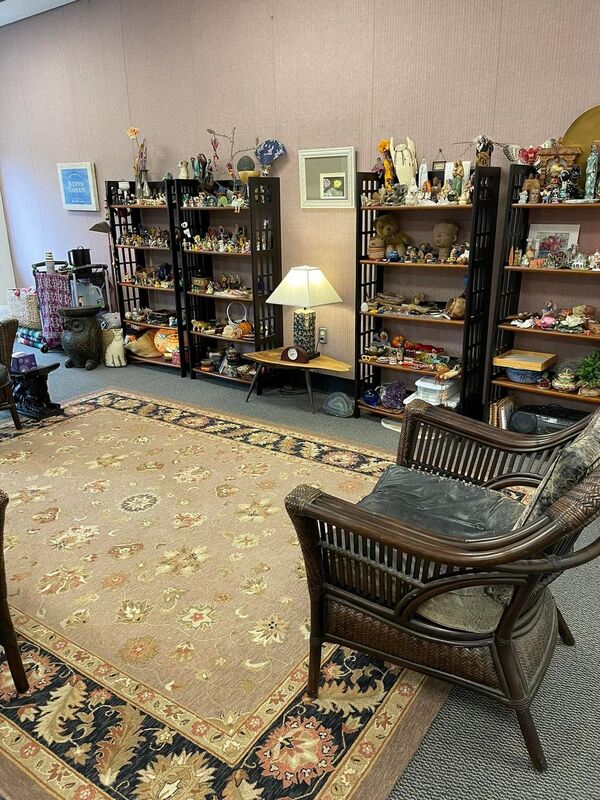
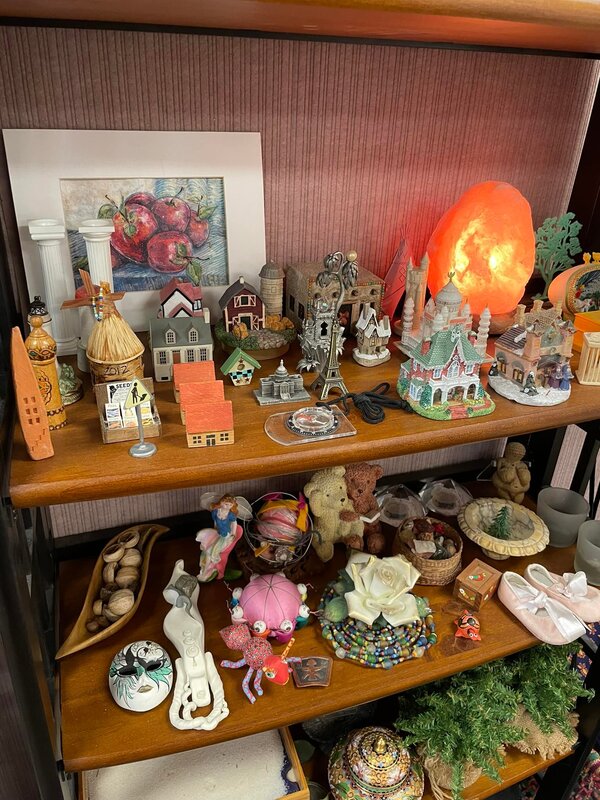
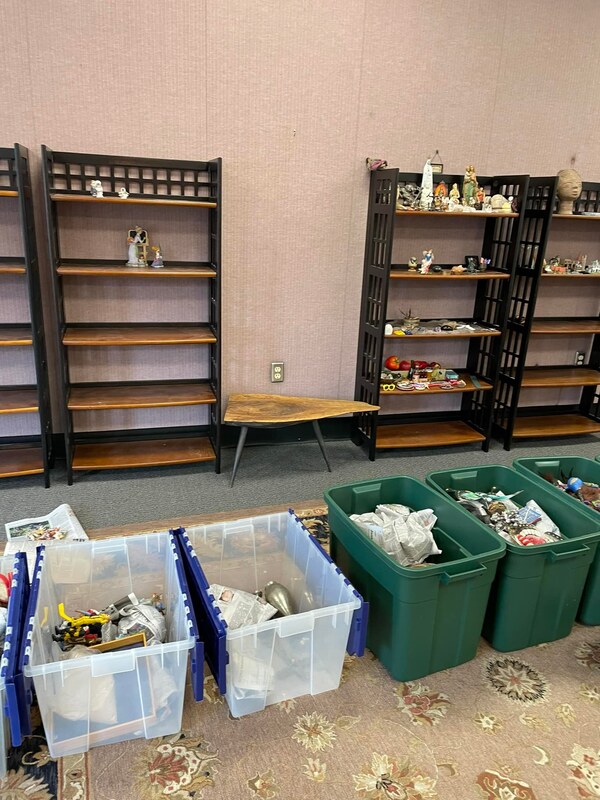
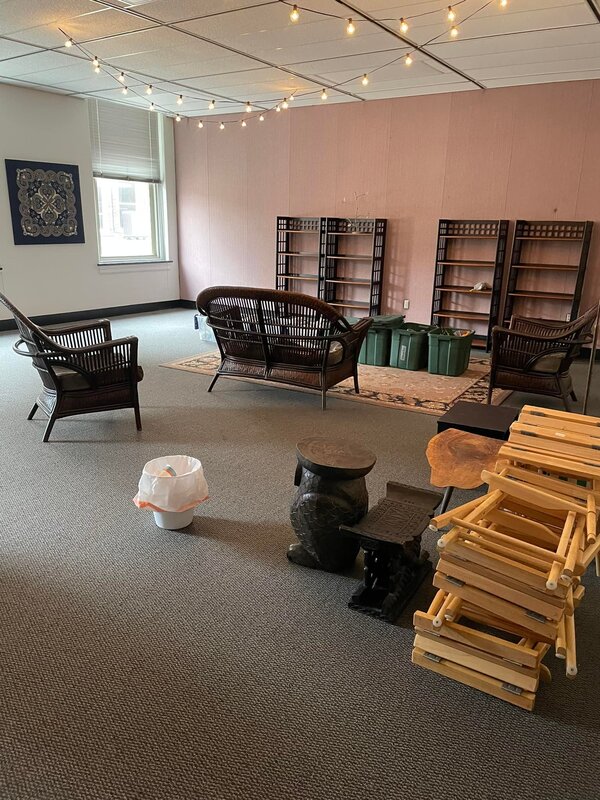
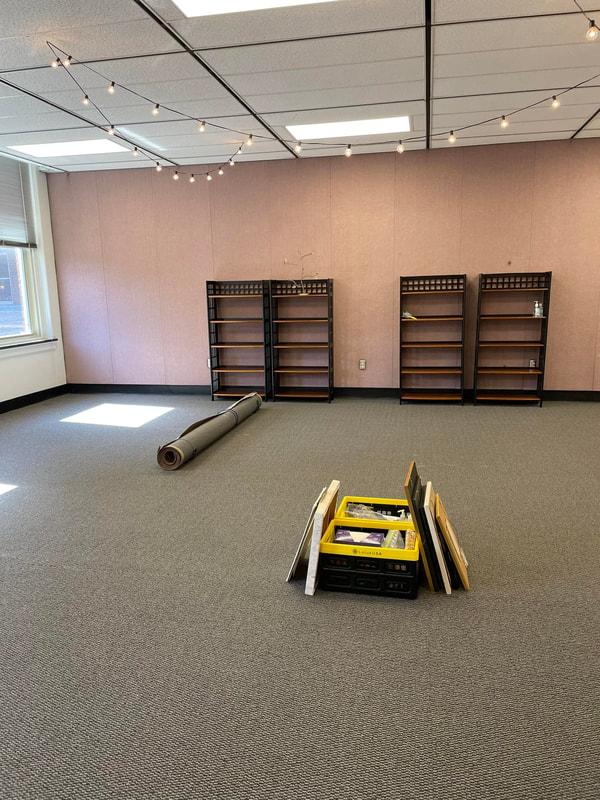
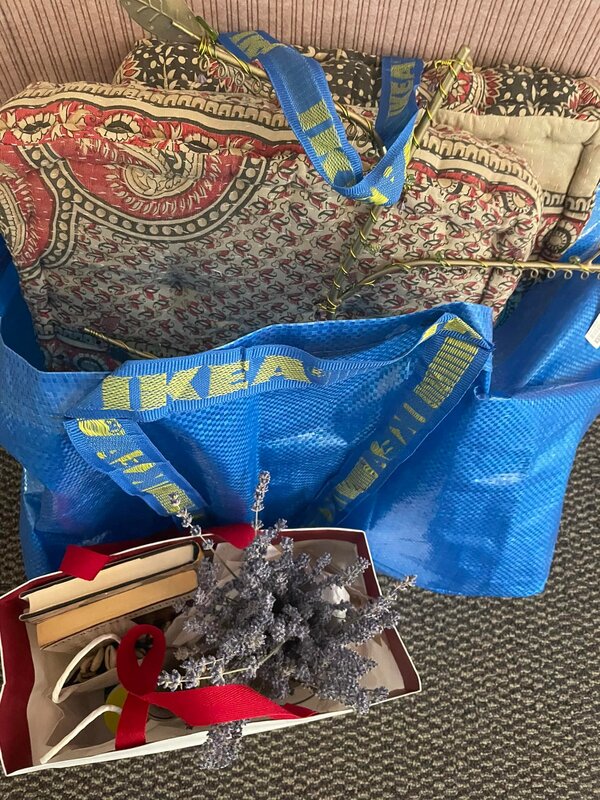
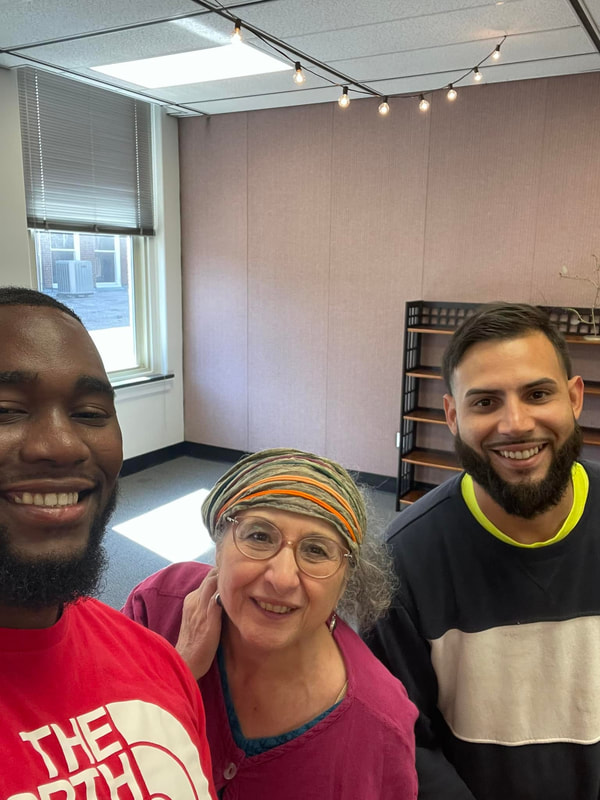
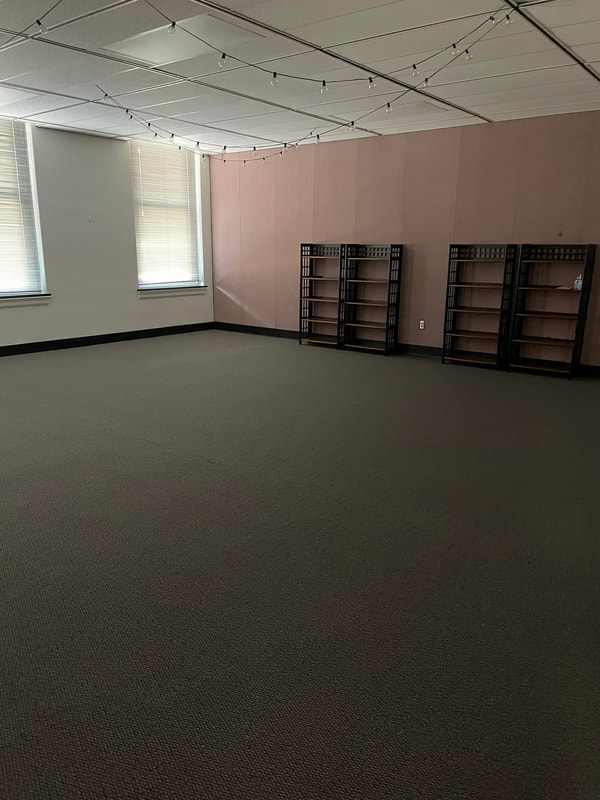
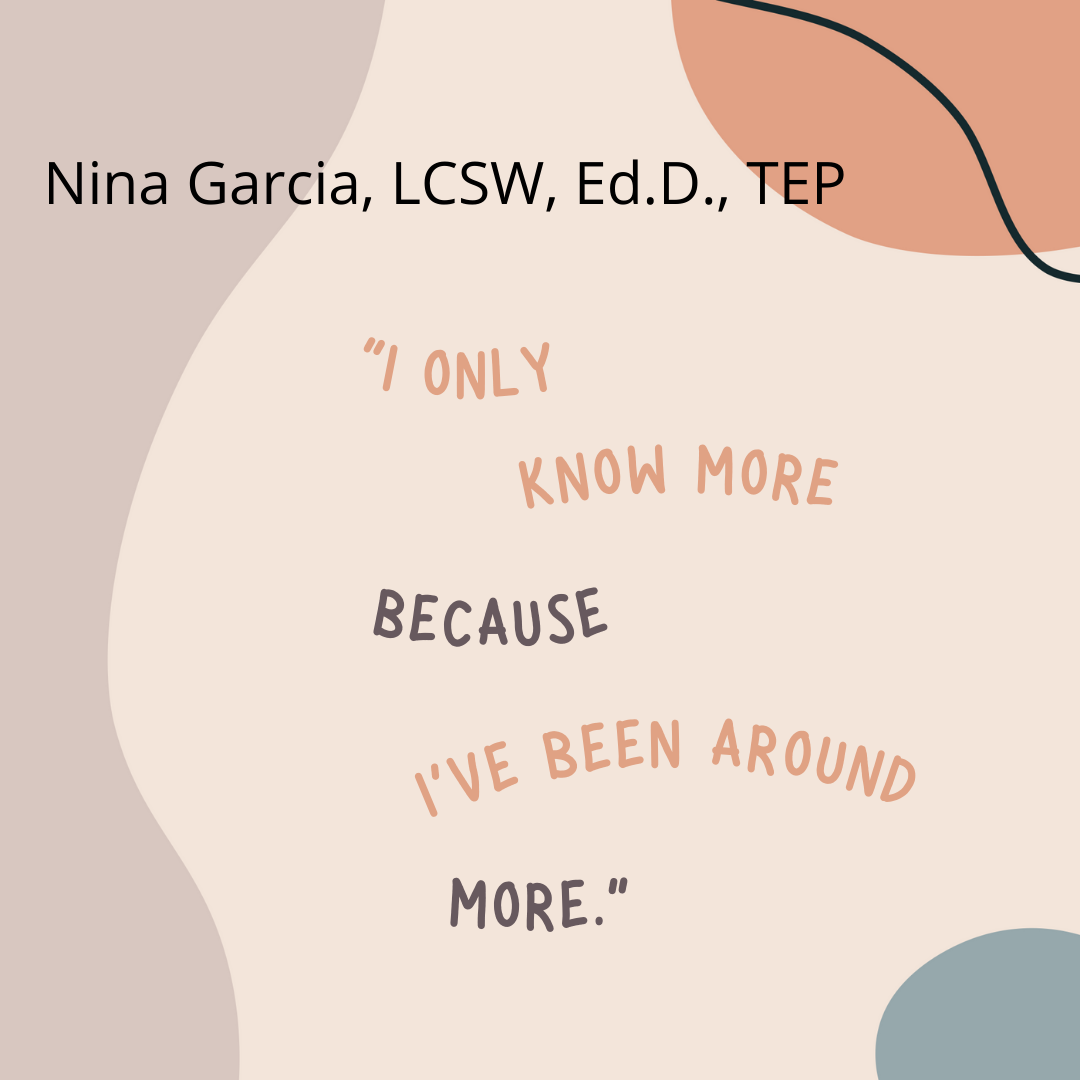
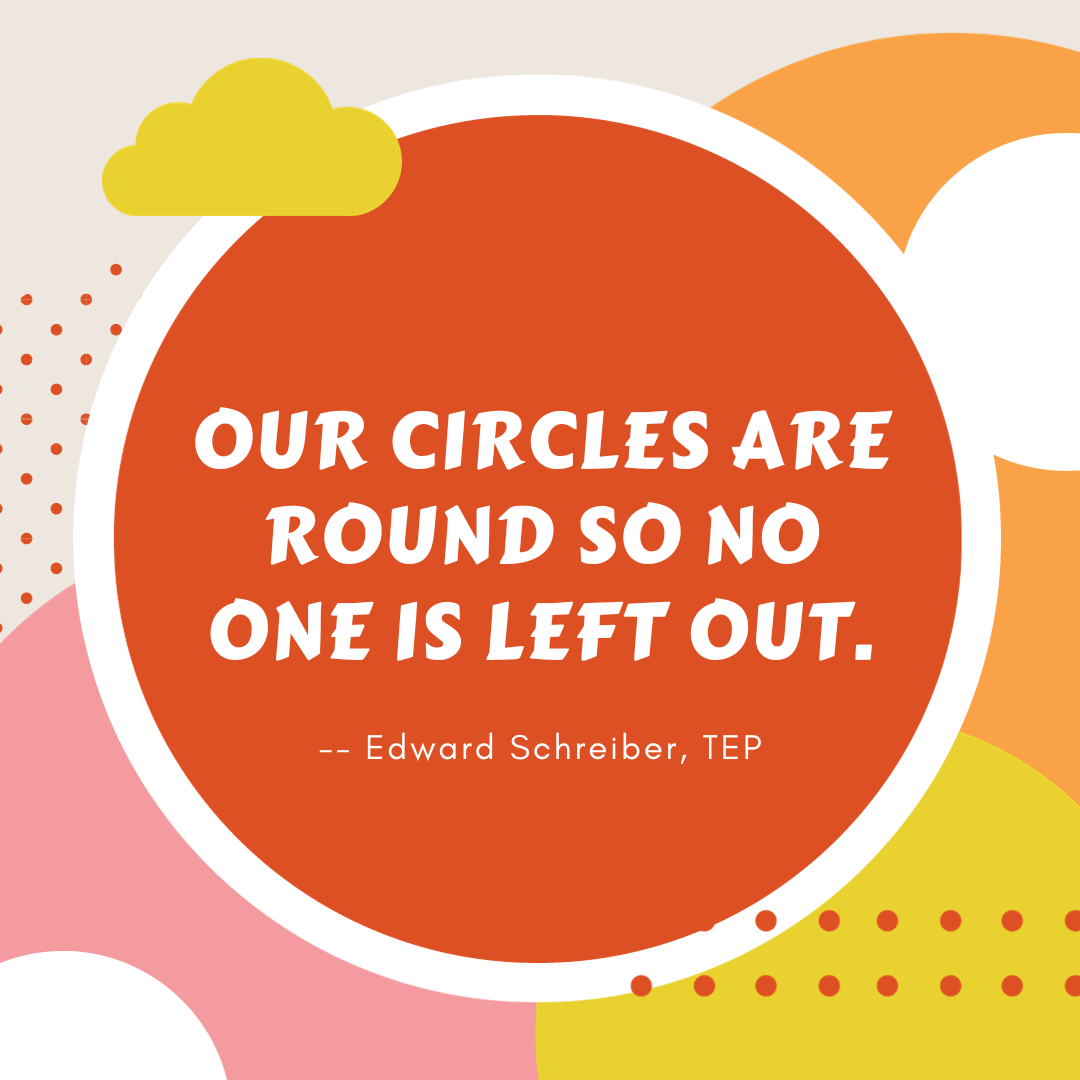
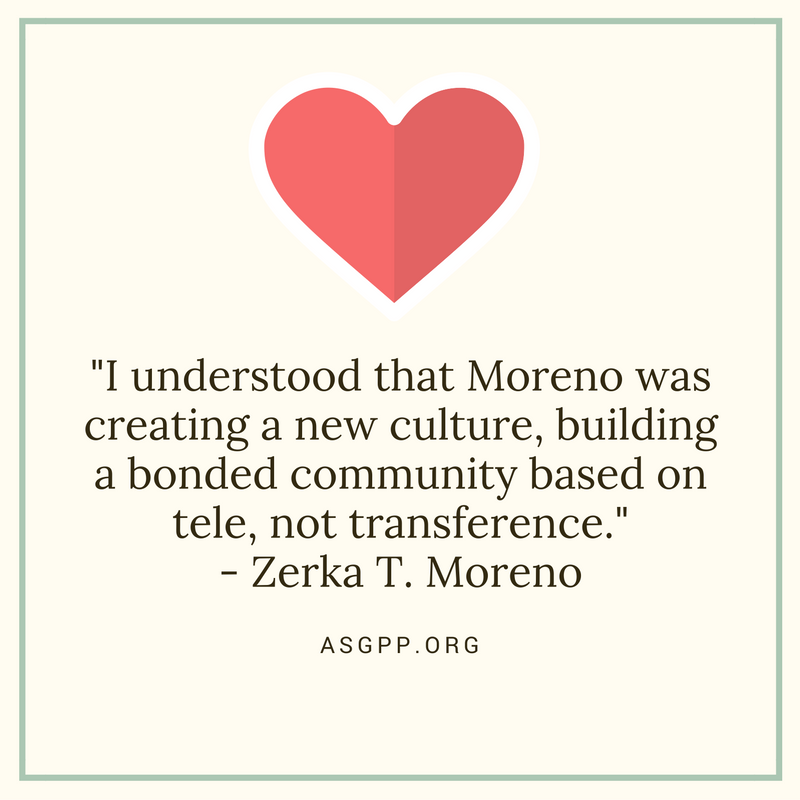
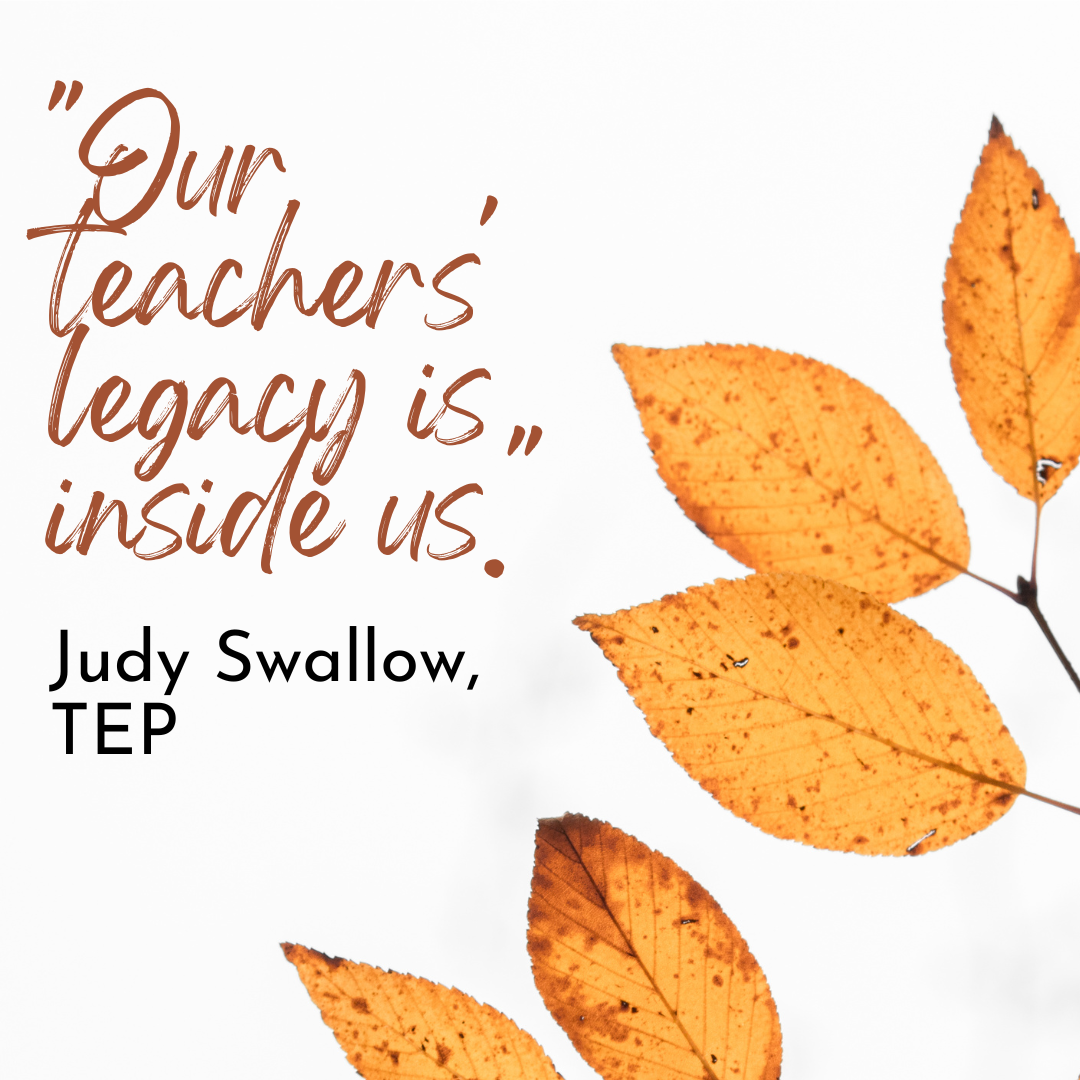
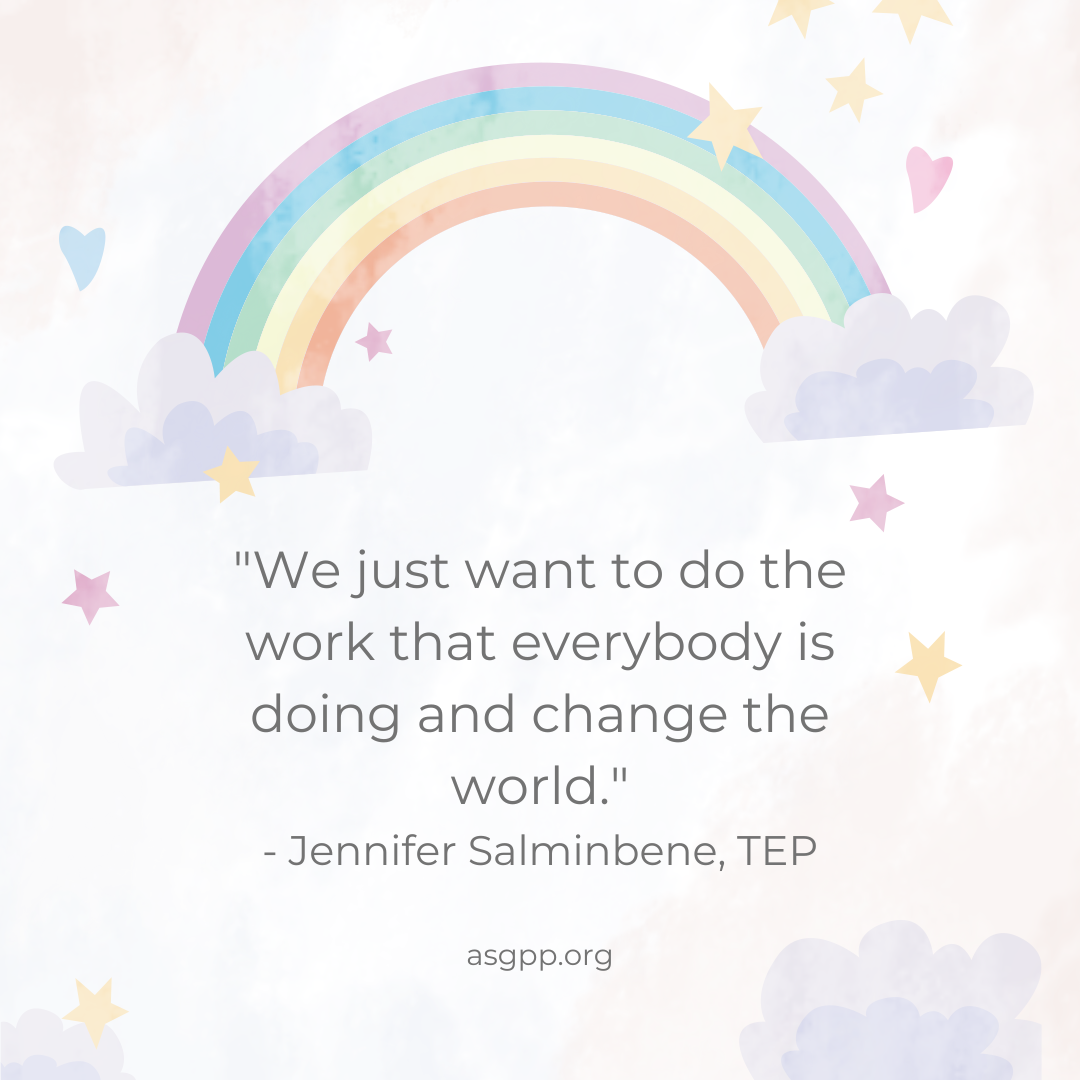
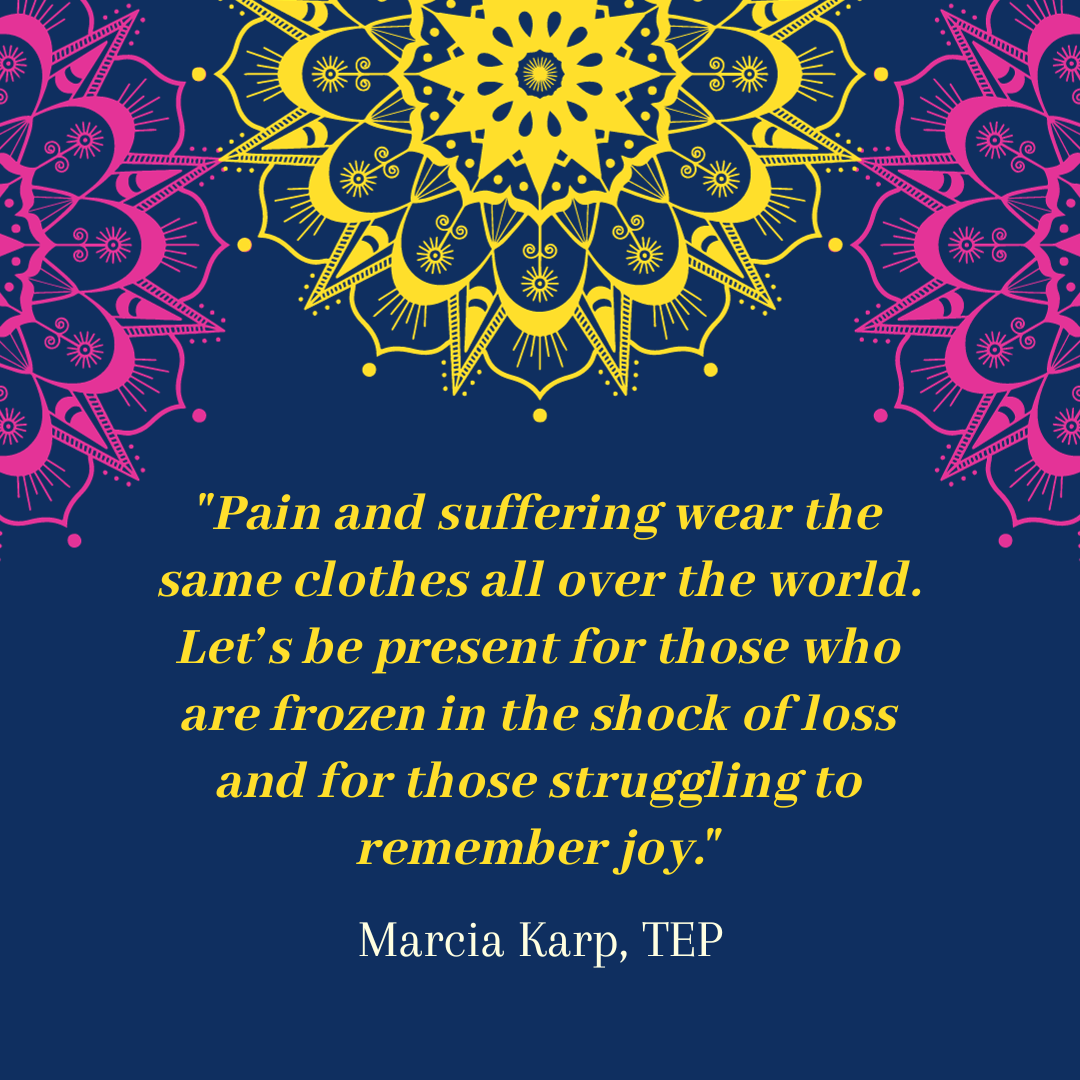

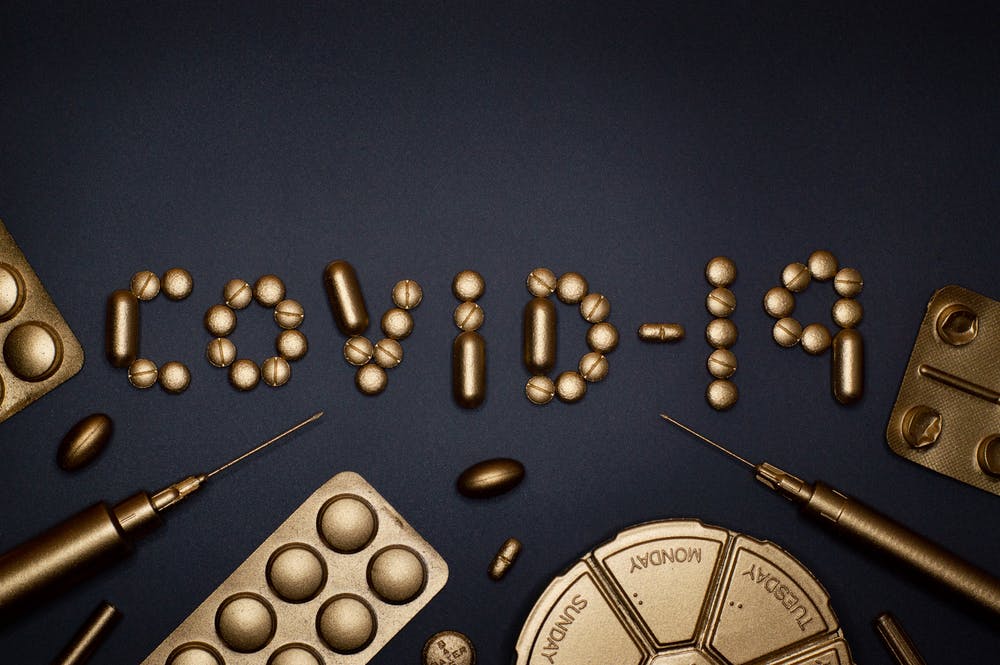

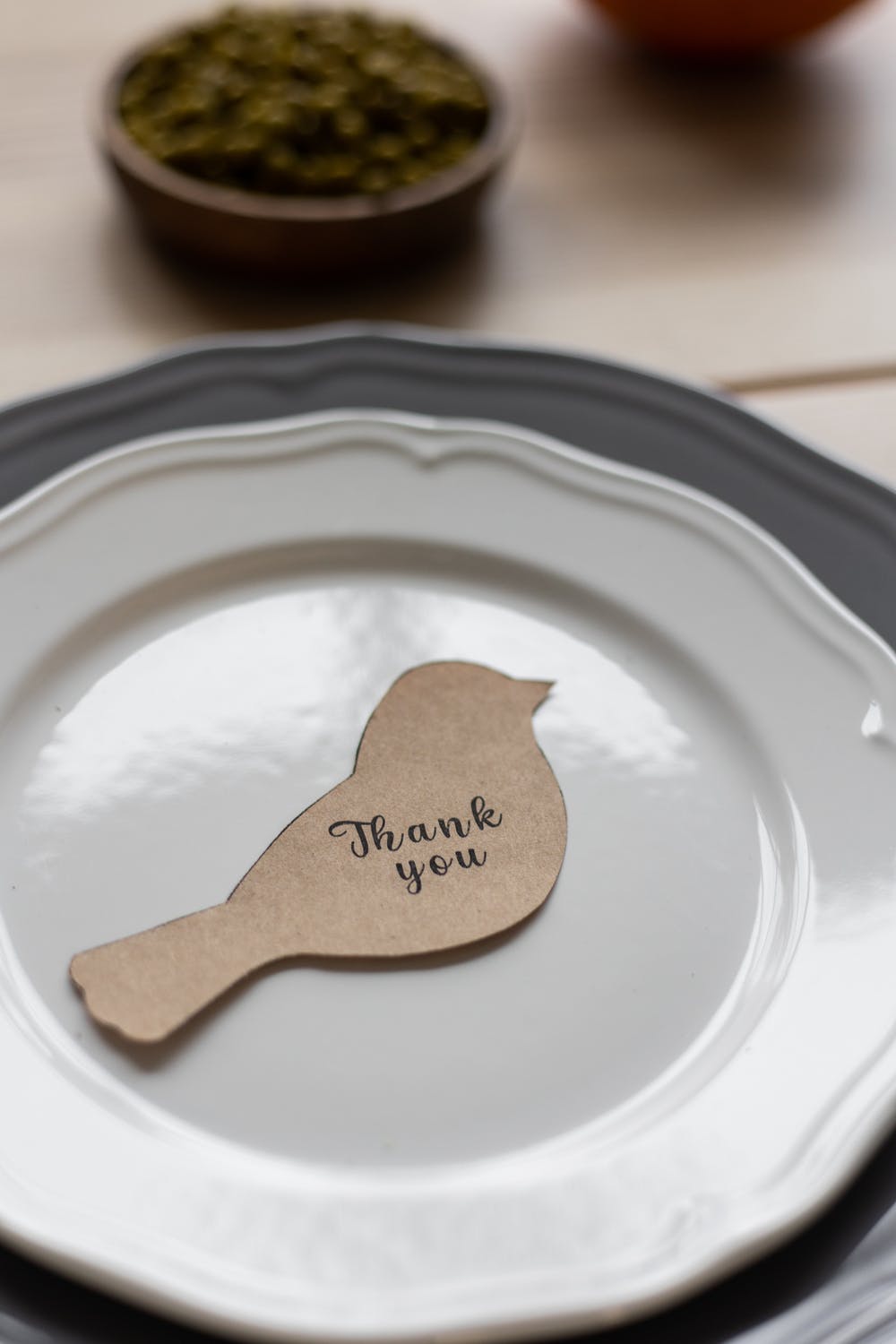

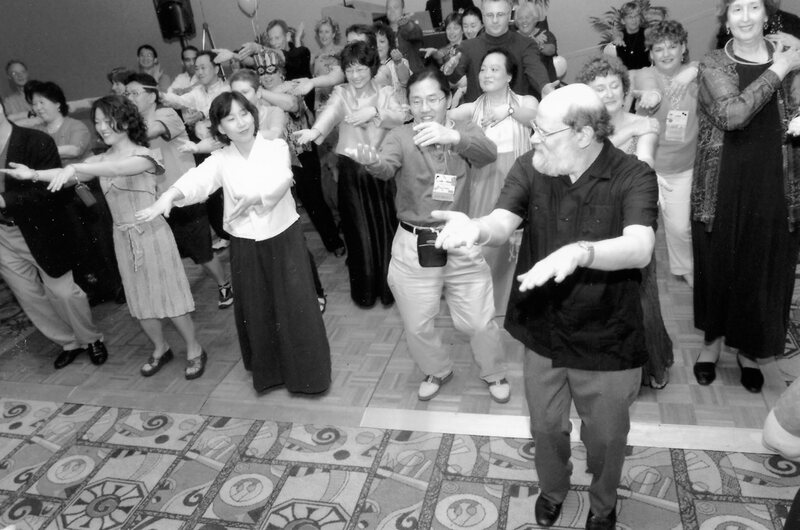
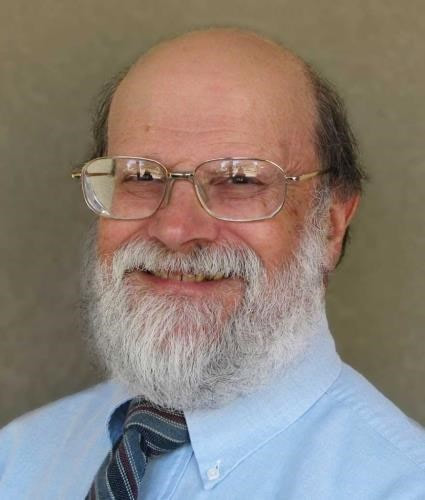
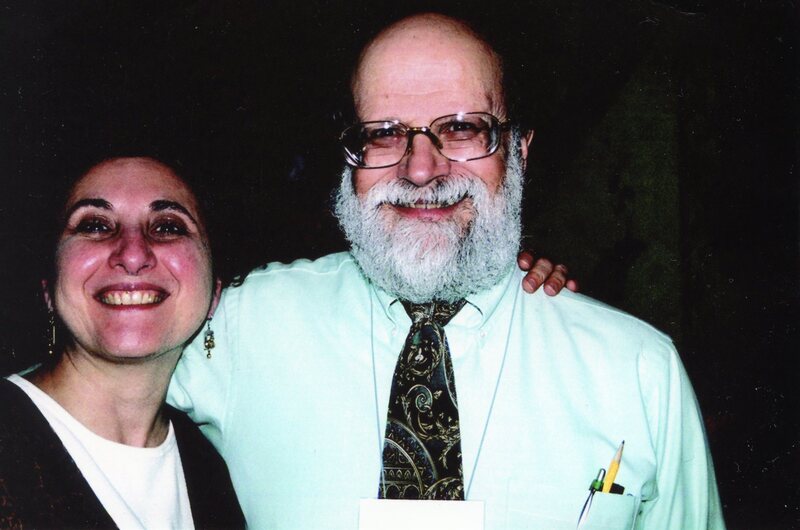
 RSS Feed
RSS Feed